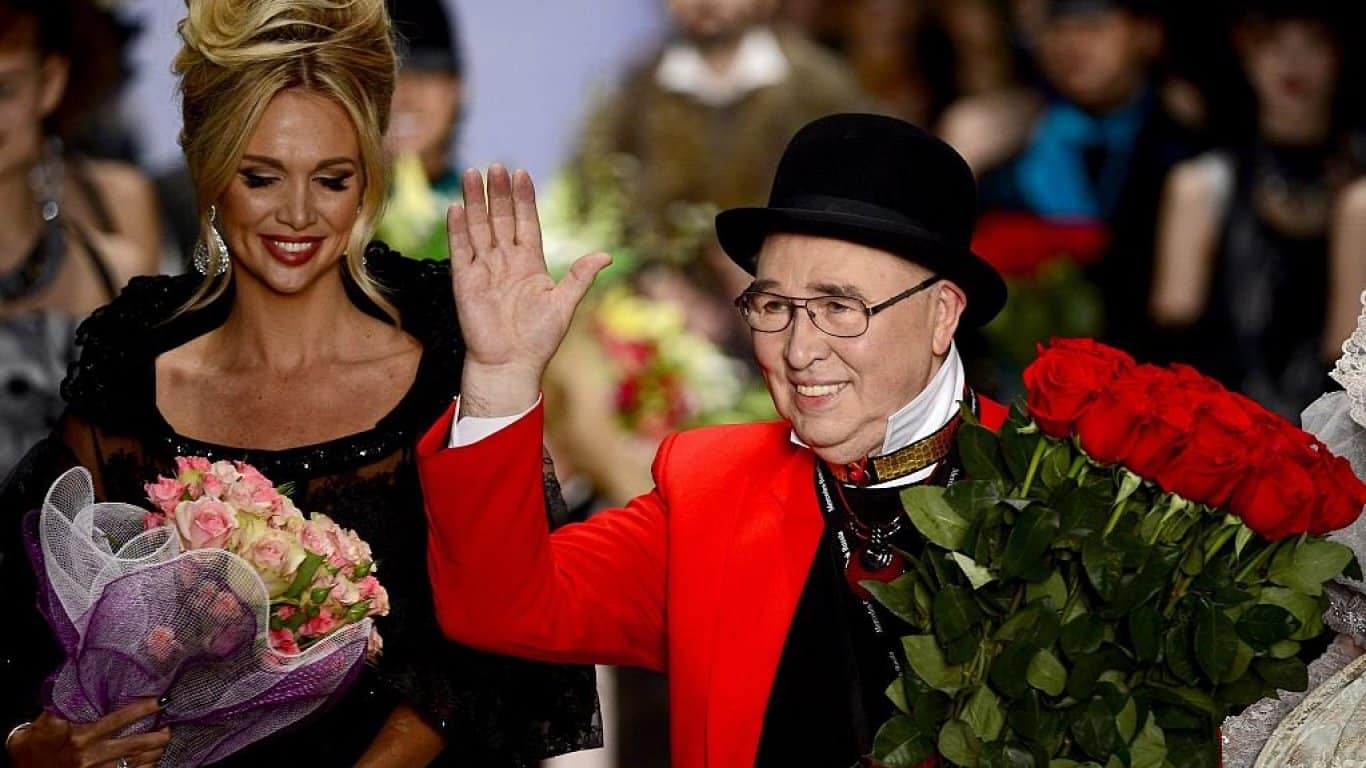Secretary-General António Guterres was speaking to reporters in Doha, Qatar, after convening an international meeting of Special Envoys on Afghanistan.
He said they had agreed on the need for a “strategy of engagement” with the Taliban, to help the country’s most vulnerable people.
No question of Taliban recognition
Mr. Guterres made clear that the gathering had not focussed on recognition of the de facto authorities, but rather on developing a common, international approach to burning interlinked issues, such as terrorism, the crackdown on human rights, and the spread of drug trafficking.
“To achieve our objectives, we cannot disengage”, he said. “Many called for engagement to be more effective and based on lessons which we have learned from the past. The UN will continue to use its convening power to advance a forward-leaning approach, which puts the Afghan people first, and in a manner that is complementary to existing regional platforms and initiatives.”
The UN chief said the current ban introduced last month by Taliban leaders on Afghan women working for the UN – following on from a ban on them working for national and international NGOs “is unacceptable and puts lives in jeopardy.
“Let me be crystal clear: we will never be silent in the face of unprecedented, systemic attacks on women and girls’ rights. We will always speak out when millions of women and girls are being silenced and erased from sight.”
Collective interest
He said the envoys, which included UN Special Envoy, Roza Otunbayeva, had agreed it was important to “understand each other’s concerns and limitations, but agreed that it was in everyone’s interest, foremost the Afghans, to work together.”
They reached agreement on “the need for a strategy of engagement that allows for the stabilization of Afghanistan but also allows for addressing important concerns.”
While different countries placed different priorities on human rights, terrorism, or drug trafficking, “there is a general recognition that they are intertwined”, and needed to viewed as a whole.
Secretary-General António Guterres briefs journalists in Doha, Qatar, on the situation in Afghanistan.
World’s biggest humanitarian crisis
He concluded speaking in his own capacity as Secretary-General, stating it was “difficult to overestimate the gravity of the situation in Afghanistan. It is the largest humanitarian crisis in the world today.”
A staggering 97 per cent live in poverty, while 28 million Afghans, need some form of humanitarian assistance.
Funding is not forthcoming, with the Humanitarian Response Plan, seeking $4.6 billion, having received “a mere $294 million” so far.
The vast majority of the UN personnel delivering lifesaving aid, are Afghan nationals, he stressed and banning women workers “deliberately undermines the development of a country that desperately needs the contributions of all, in order to achieve sustainable peace and contribute to regional stability.”
Stay and deliver
He pledged the UN would never waver in its commitment to support the Afghan people, and the Organization is determined to keep on delivering to preserve the fragile lifeline
Throughout the past decades, we stayed, and we delivered. And we are determined to seek the necessary conditions to keep delivering.
Asked if there were any circumstances when he would meet Taliban leaders, Mr. Guterres said that while today was not the right moment, he would “obviously not refuse that possibility”.
He said he was personally invested in convening a follow up meeting of envoys at a future date.





